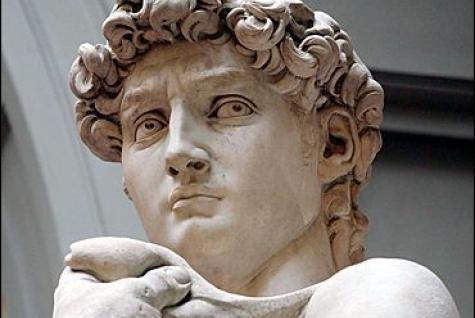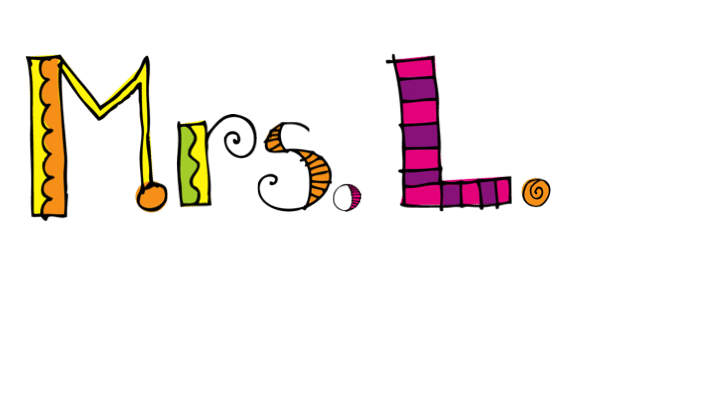 “I want to fly; but I don’t have wings.” – I was almost in tears when my two-year old daughter said this to me. We were sitting on the back patio watching the birds swoop over the canal in the drizzles. She has an inmate sense of adventure that I think most children do – she loves to climb everything, ride everything, and has no problem wandering a little too far from mommy when we’re out and about. When I heard her say this, I felt that she was expressing a part of her soul. I also felt that she was expressing the spirit of education.
“I want to fly; but I don’t have wings.” – I was almost in tears when my two-year old daughter said this to me. We were sitting on the back patio watching the birds swoop over the canal in the drizzles. She has an inmate sense of adventure that I think most children do – she loves to climb everything, ride everything, and has no problem wandering a little too far from mommy when we’re out and about. When I heard her say this, I felt that she was expressing a part of her soul. I also felt that she was expressing the spirit of education.
It struck me that all children start out wanting to “fly.” They have a natural curiosity, passion, enthusiasm, that often gets drained out of them over the years. Children are desperate to not only learn from us, but to learn to be self-sufficient and self-directed. They want to grow wings, and they depend on us to nurture that desire. How many opportunities do our children and students have to experience this kind of fulfillment in their development?
It seems to me that there are a lot of societal factors, including the way that institutional education has been transformed over the decades, that have contributed to a stifling of this natural spirit. I feel deeply that it is our job as parents and educators to be the David that protects our children and stands up to the Goliath of our institutions that hinder children from having the potential to grow authentically.

All of us do this already, I’m sure, to whatever degree we can. But it’s easy to feel ineffectual ourselves when we’re burdened with so many demands and too little freedom to create the kind of learning environments that align to our philosophies, instead of someone else’s agenda. I will avoid the temptation to get political (even though it’s a huge election year!) because blame along political lines is not as straight forward as it seems; and vilanizing one side or the other never brings resolutions. That being said, I still notice myself getting irritated by this factor or that factor, but focusing on my anger just gets me distracted from doing things that are really constructive.
In my own classroom I always tried to involve my students in making decisions about our routines or projects; anything to help them feel some ownership, and invested in their classroom experiences. I always believed in releasing responsibility, gradually, so that students could learn to be more independent in managing their work time and assignments. One of the biggest reasons I love Marzano Scales, is that if done well, students can gain access to the curriculum like they’ve never had it before. They gain confidence (which becomes intrinsic motivation!), and feel some ownership over their progress.
I’ve no “3-step” answers for you today, but just some encouragement to keep fighting the good fight. The worst thing you can do is to lose confidence in yourself and stop trusting your own professional judgement. We all need help and good ideas sometimes, but if you feel confident that you can learn what you need to learn, and find ways to be successful in your own classroom, then you’ll be modeling that attitude for your students. Keep the spirit of education ALIVE!
Love and blessings to you in the New Year, and I hope that you find the support and resources you need to “fly” through the rest of this year.

